We live in the Anthropocene, an epoch in which not the geological processes, but us, humans shape the natural environment. Some people call it the Plasticozoic Era. Therefore, there are two messages...
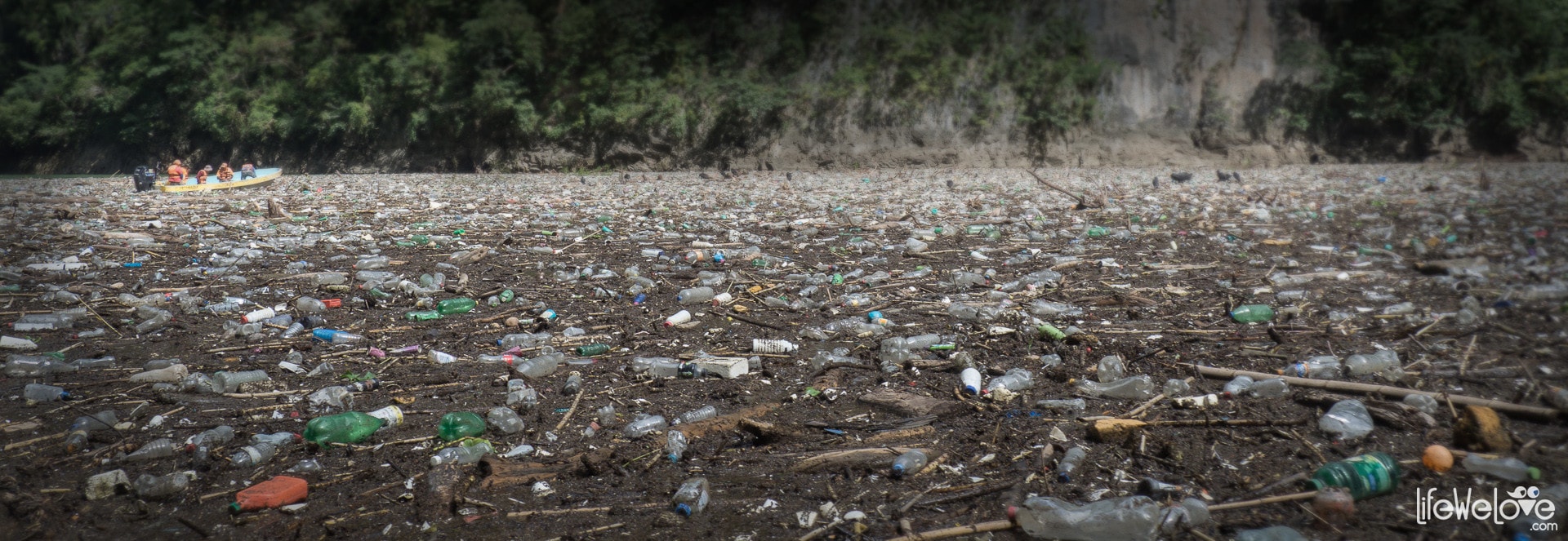
Bad news
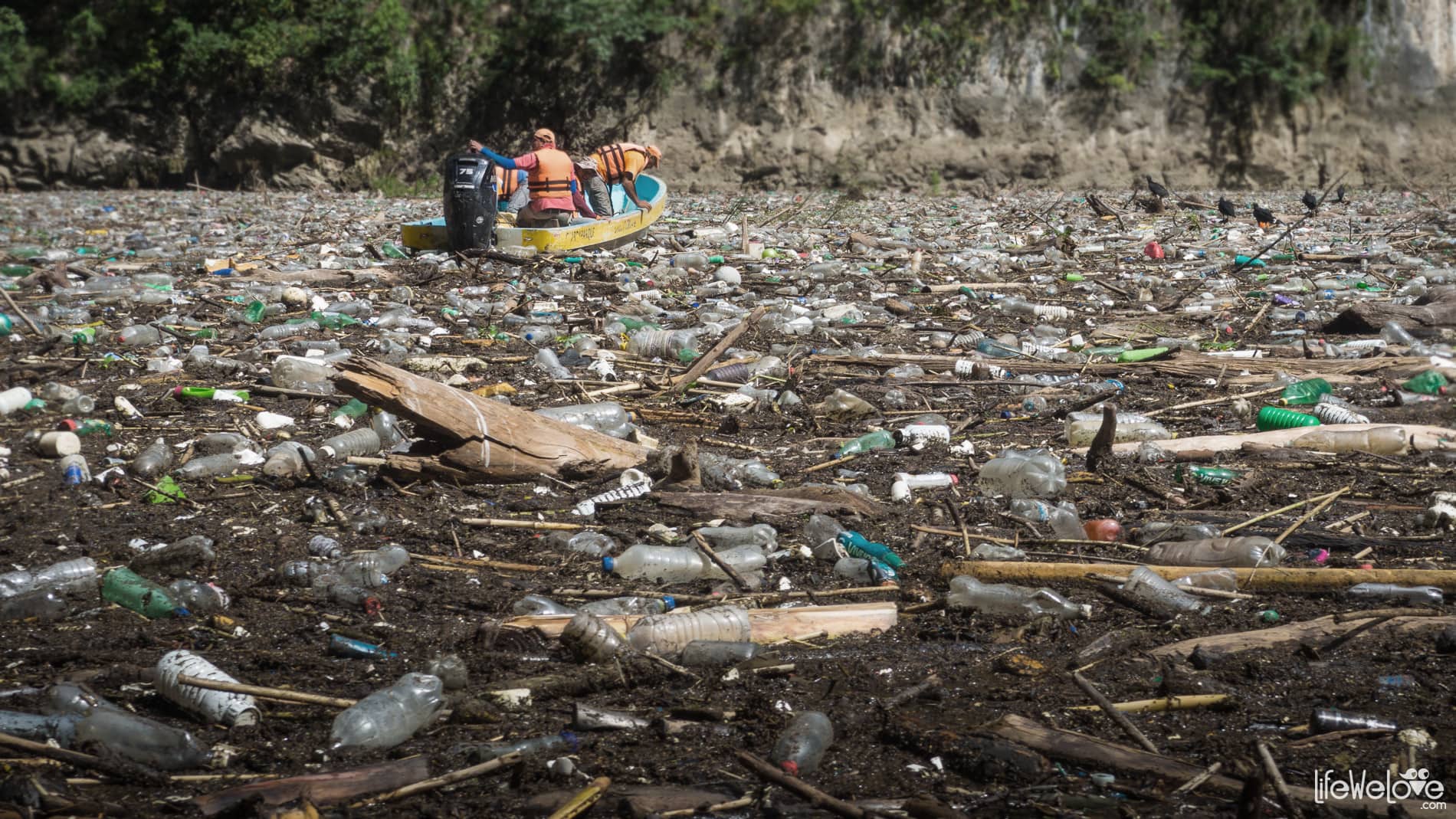
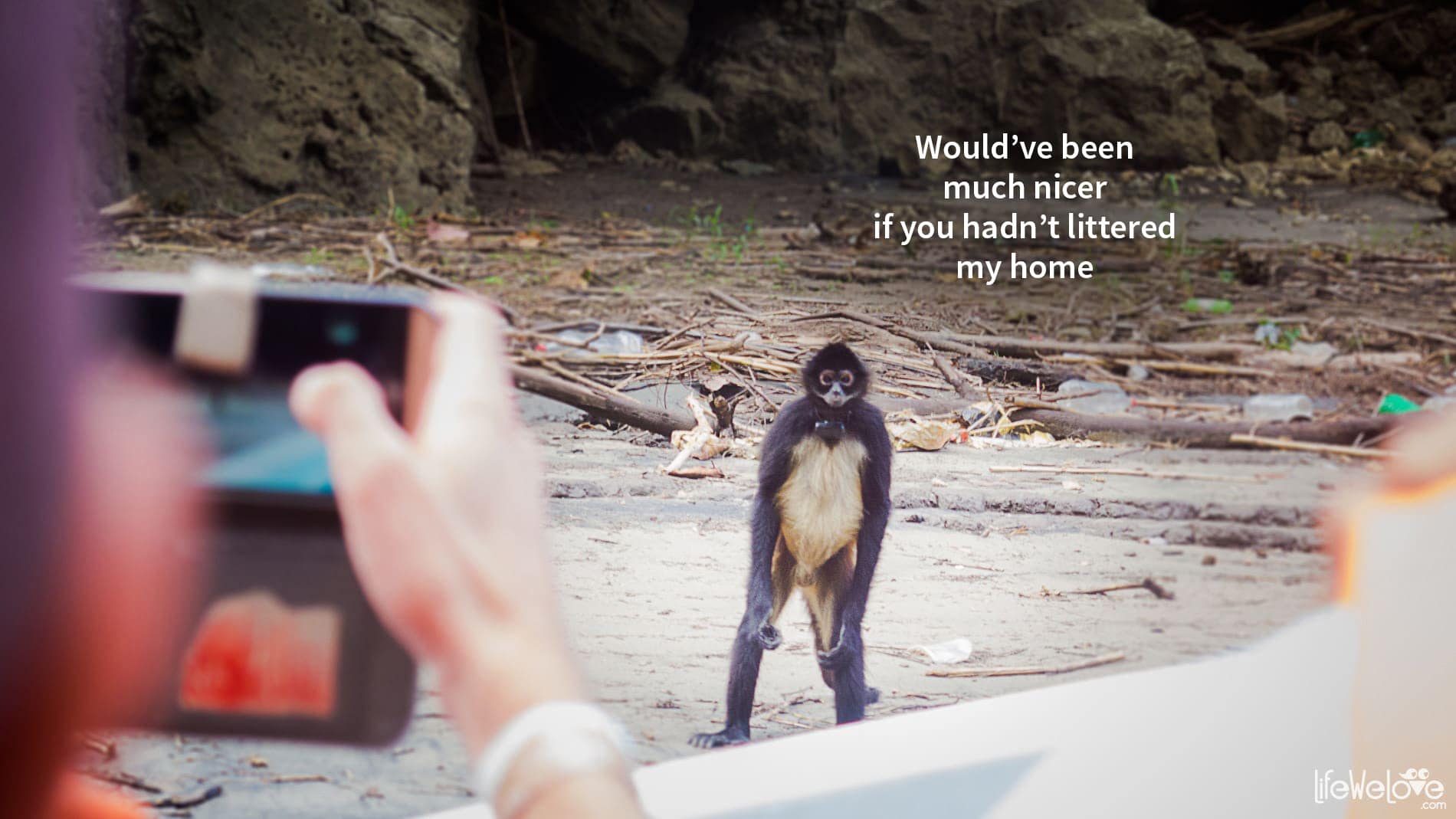
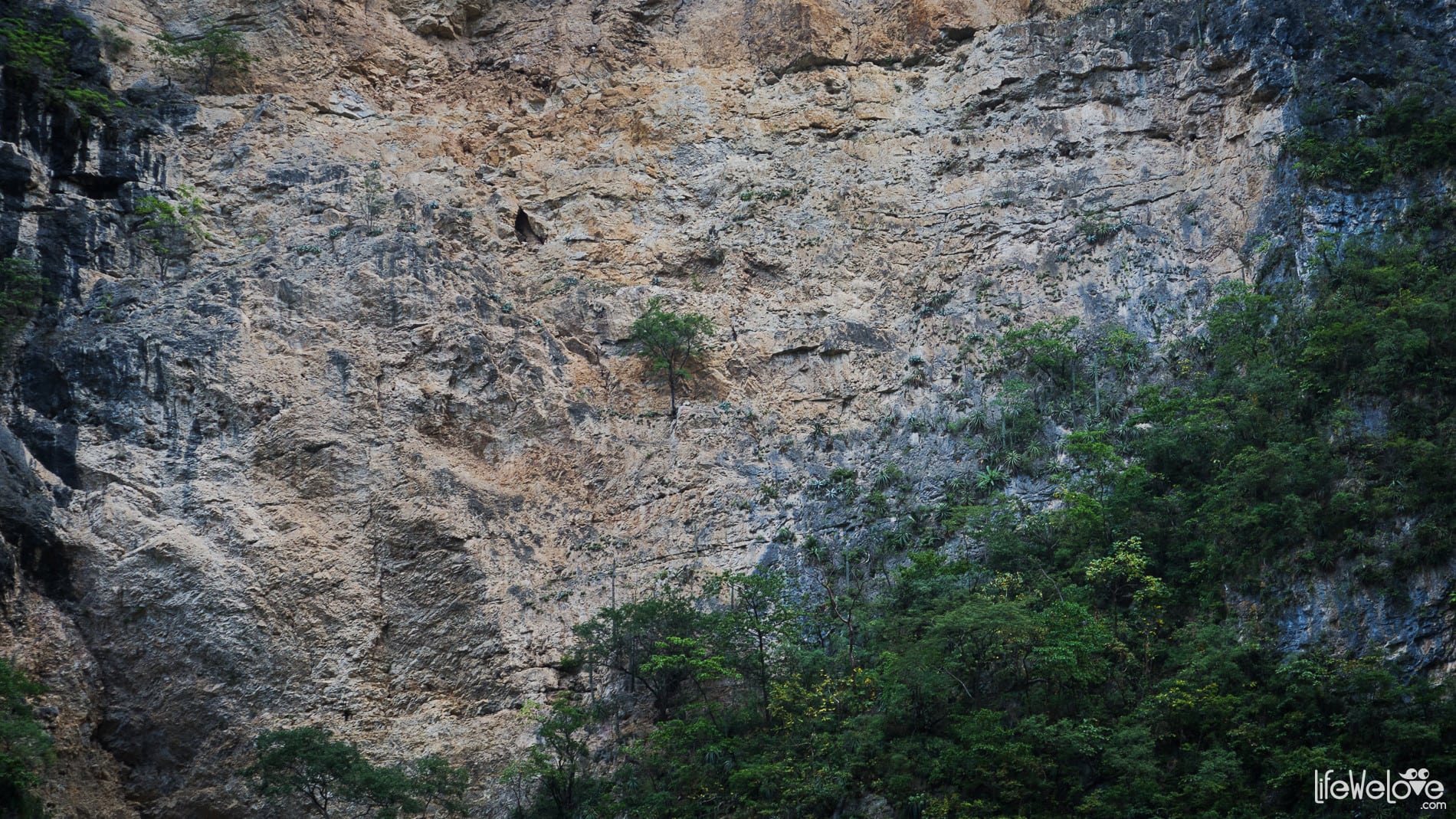
Good news
Planet Earth is strong and human awareness is growing. What is happening around is the next stage of our evolution. At the landfill, Japanese scientists have recently discovered a bacterium of the new era: Ideonella sakaiensis, colloquially called the PET, which is recognized to be a "plastic-eater". I believe that, despite to what pessimists say, we will not neglect our home so that only PETs will survive and take control of our planet. We want to find a way to utilize a plastic consuming enzyme of such creatures in the recycling processes. Other scientific observations show that polystyrene, the styrofoam component - a horrible substance, because it is very hard to get rid of it in ecological way - turns out be a tolerated food of mealworms. There is more. Who would have expected that a larvae of a common food moths, which are usually exterminated at our houses, can consume polyethylene, the material from which, among others, plastic bags and containers are produced. Aspergillus tubingensis is the name of the fungus that was extracted from a soil in a garbage dump in Pakistan and in the study it showed the ability to break down polyuteran, plastic used for the production of thermal insulators, waterproof clothing, tires, adhesives and many other products. Recently, Róża Rutkowska, a Polish graduate of the School of Form at the SWPS University, has developed ecological, fully biodegradable, and even edible packaging made of kombucha mushroom. It can be created in cheap and easy way in two weeks. In addition, a food wrapped in this bio packaging remains fresh for at least six months (read more about SCOBY).
Isn't it fascinating how sophisticated and powerful the nature is? Science continues to explore its mysteries and networks of dependencies, and we learn to handle this knowledge wisely, so that wounds can be healed globally, and new methods can be properly balanced, while never losing humility towards the work of creation and the power of nature. With that said, every good gesture, even a small one, matters. Drops make ocean. Not only at the Day of Earth, but usually when going for a walk through forest we take a trash bag to clean our favorite paths from waste which does not match with the blooming landscape. It's about time to initiate a mass process of "undoing" the whole mess we made to ourselves and our children.
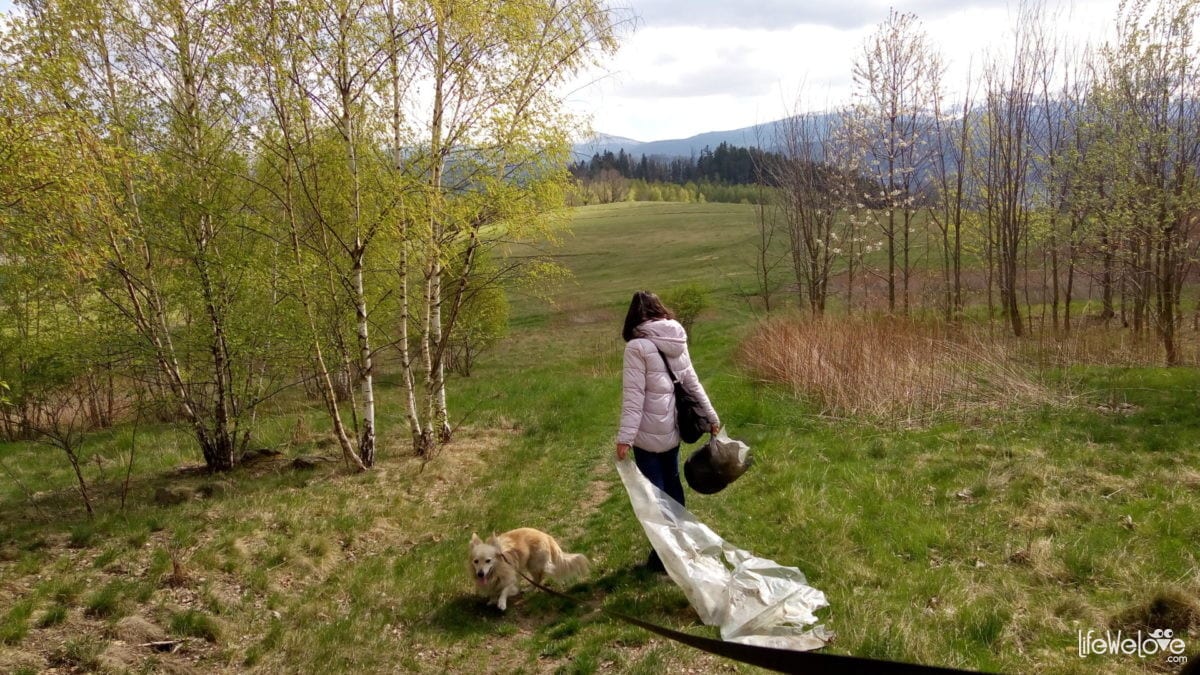
Coming back last autumn from our American motorcycle expedition we traveled through Germany, where we were happy to see the success of machines installed in supermarkets where you can exchange plastic bottles and cans to money (in other words, sell your reusable trash). The idea turned out te be very motivating for people. Many times we saw customers with boxes full of prepared waste queuing in front of the devices. The initiative has been successively implemented in other countries.
There is a lot to do in Mexico and other developing countries, but the number of activists grows. In Todos Santos we joined "friends of endangered species" to support them in actions increasing chances of survival of leatherback sea turtle, an unusual marine reptile being on the brink of extinction. Nowadays, the Internet allows to easily get involved in social and ecological activities around the world. It's not only a noble form of investing free time, but also very educative and inspiring one. It lets you get to know amazing animals, plants and learn how to live in harmony with nature and benefit from its natural food, building material and medicines. What is more, you don't need to spend fortune to act even in distant exotic area because you get accommodation and food in exchange for your help.
This is how we escorted baby turtles is Mexico to the ocean:
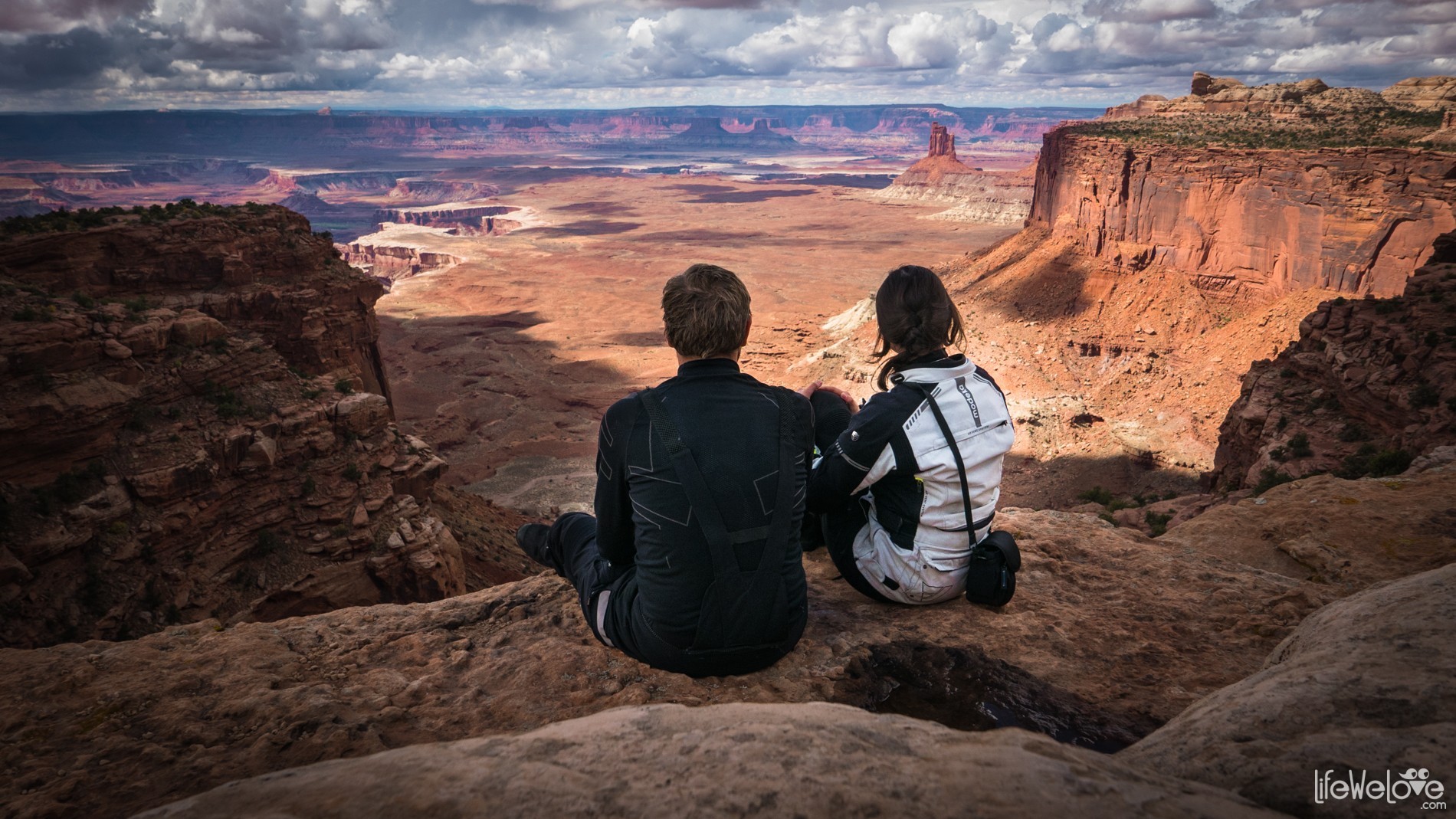

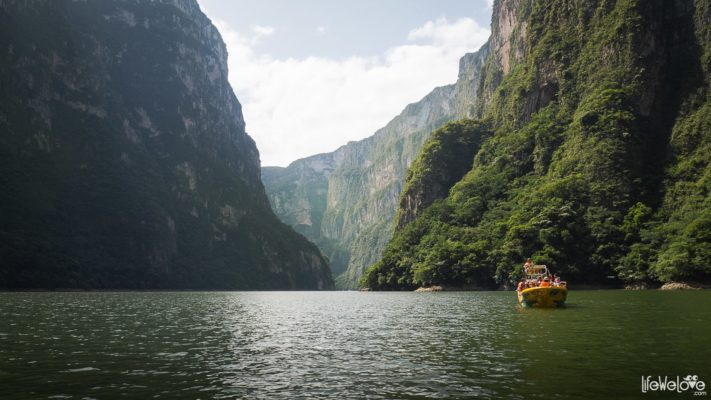
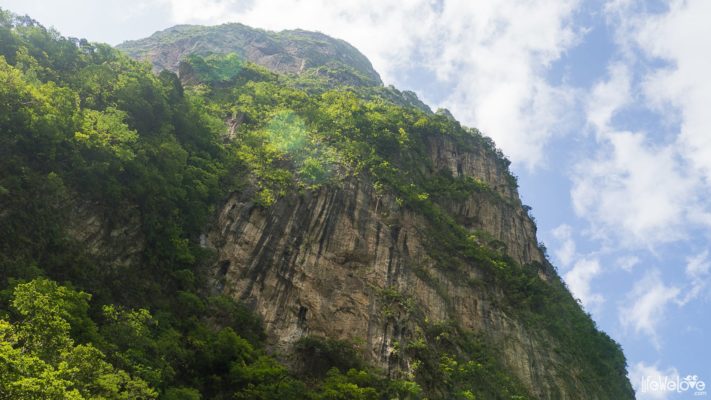

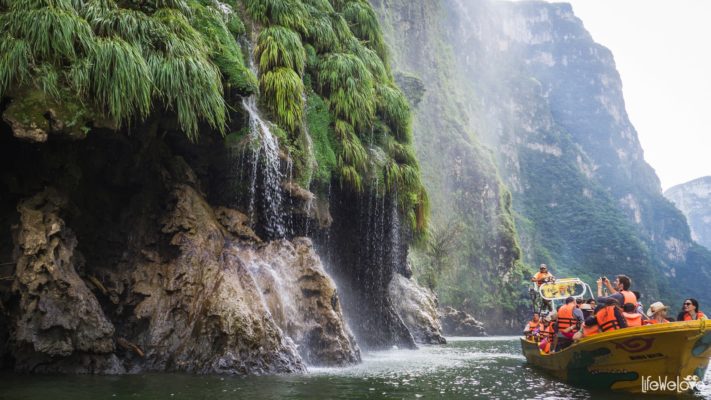
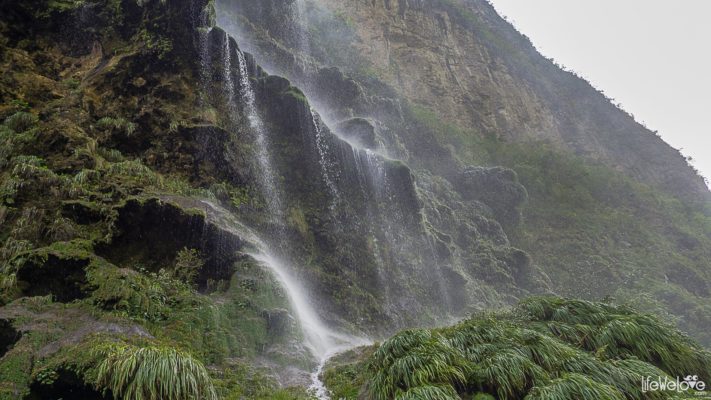
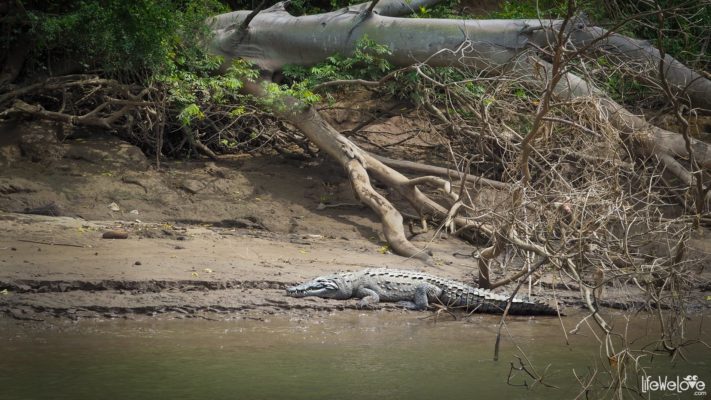
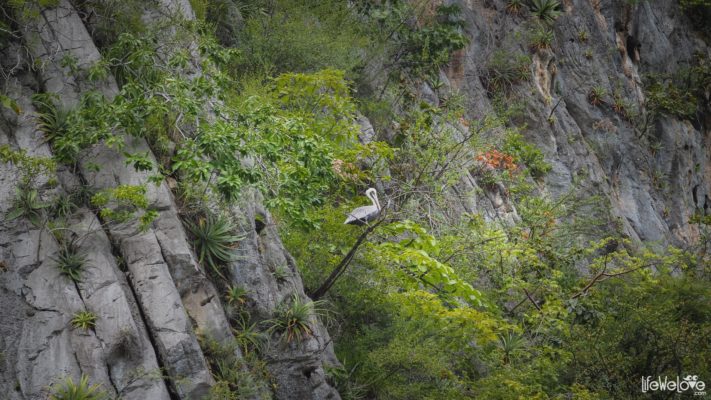
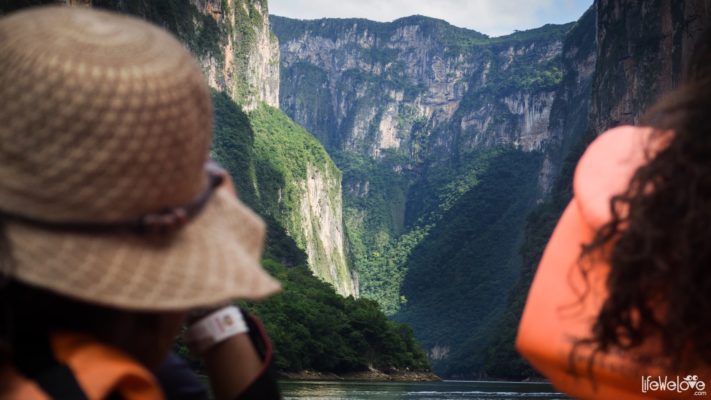
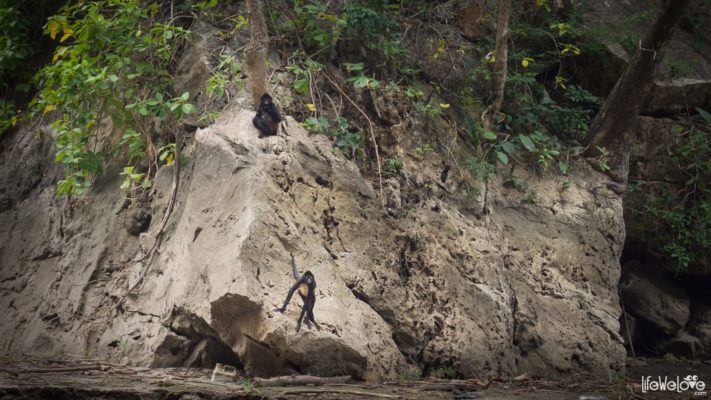
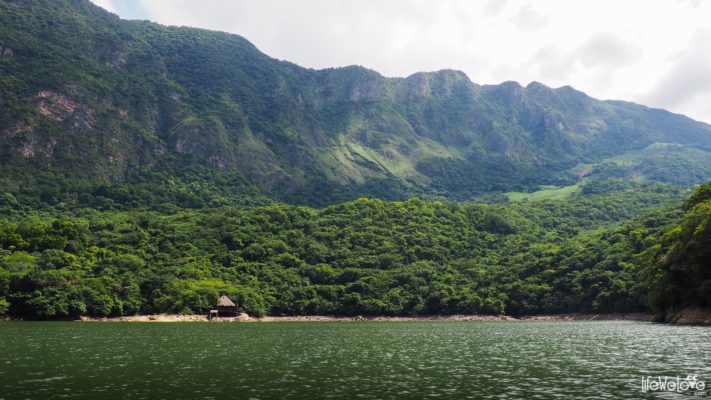
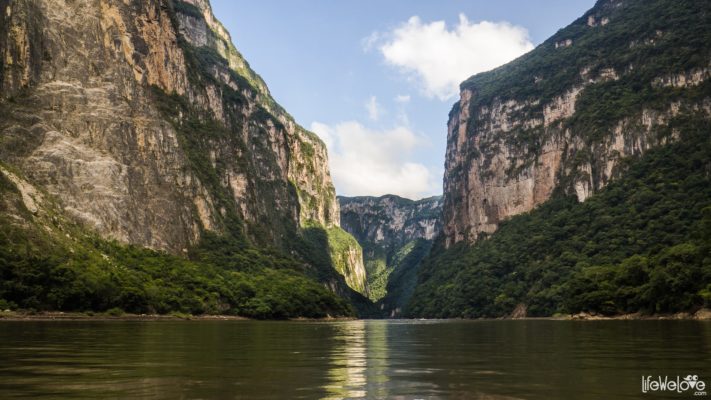
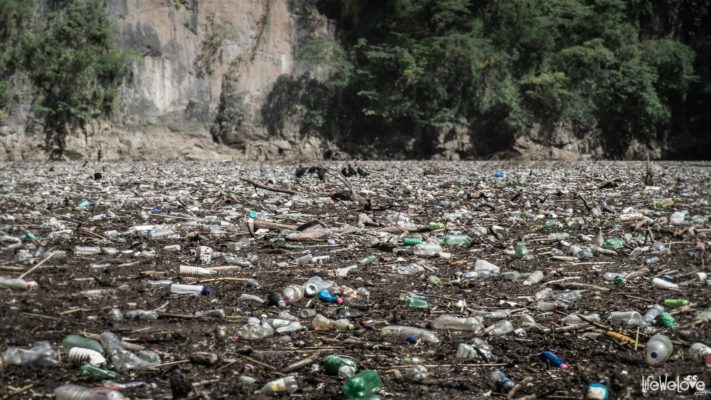
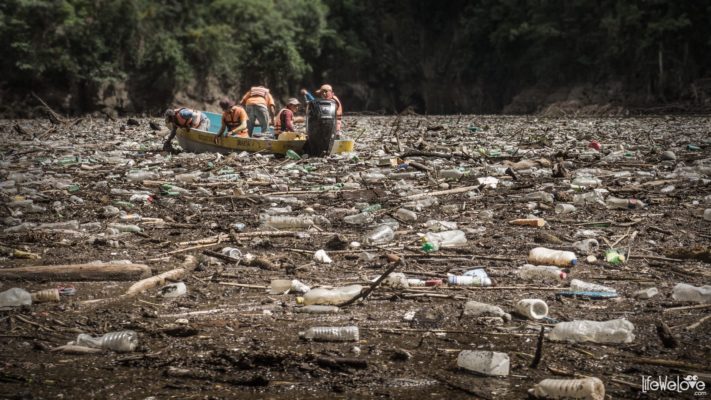
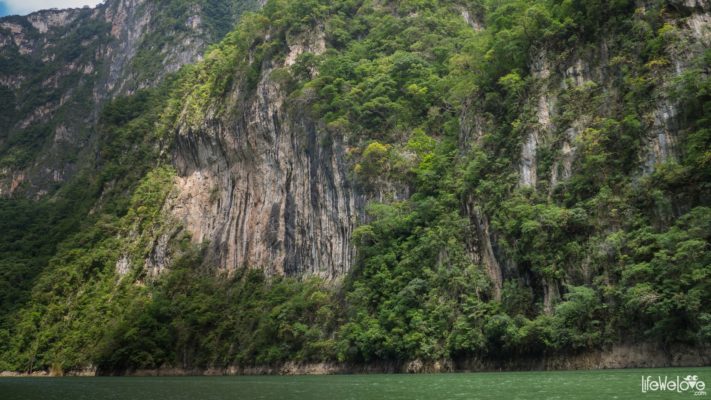




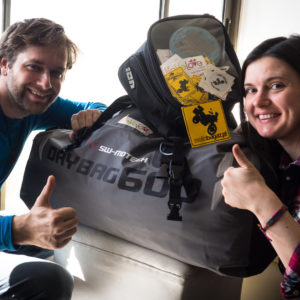

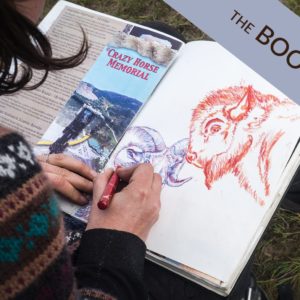

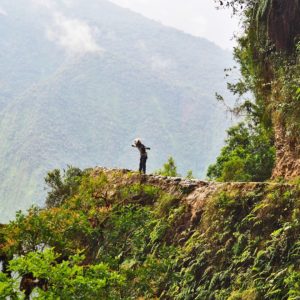

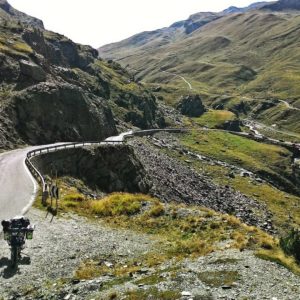

Leave a Reply